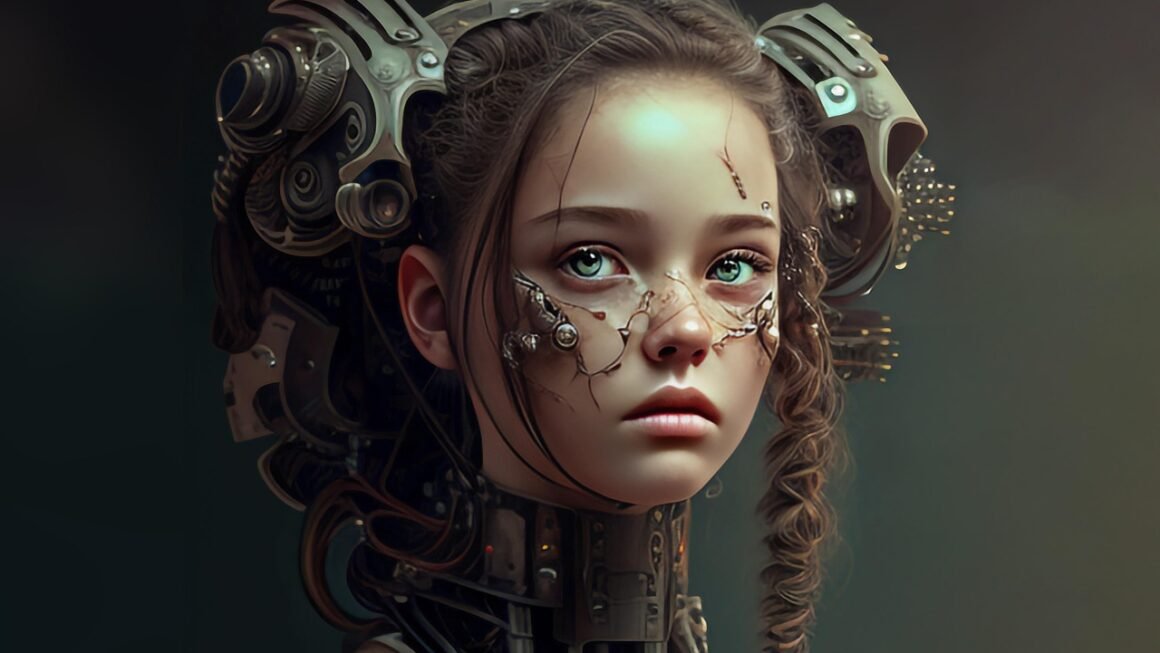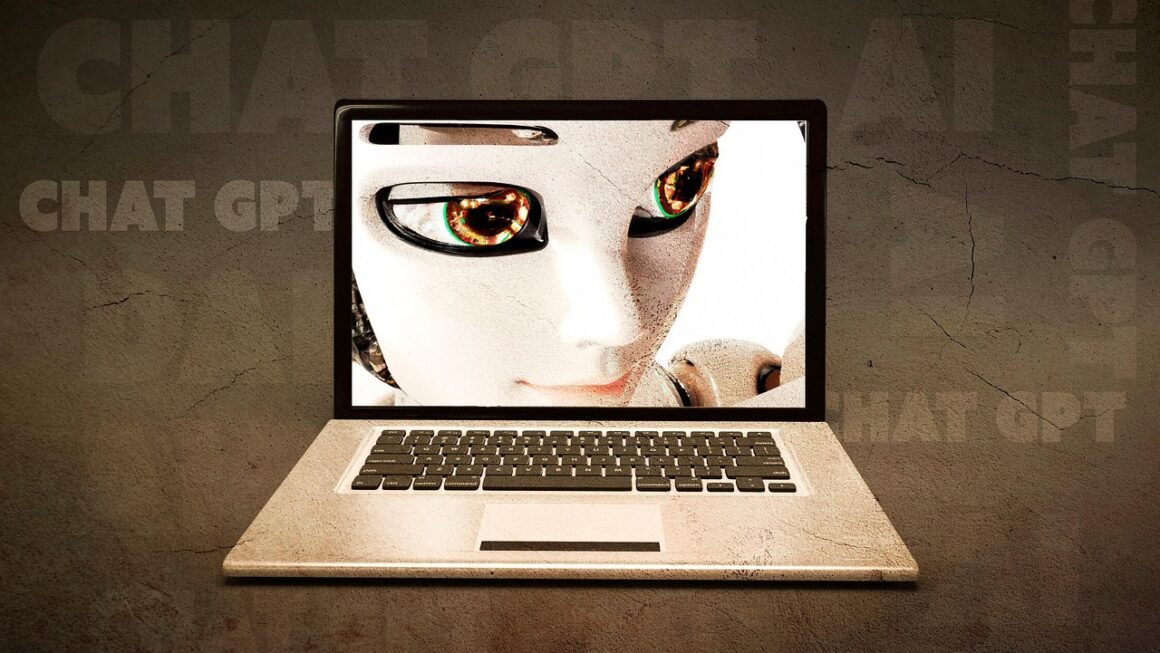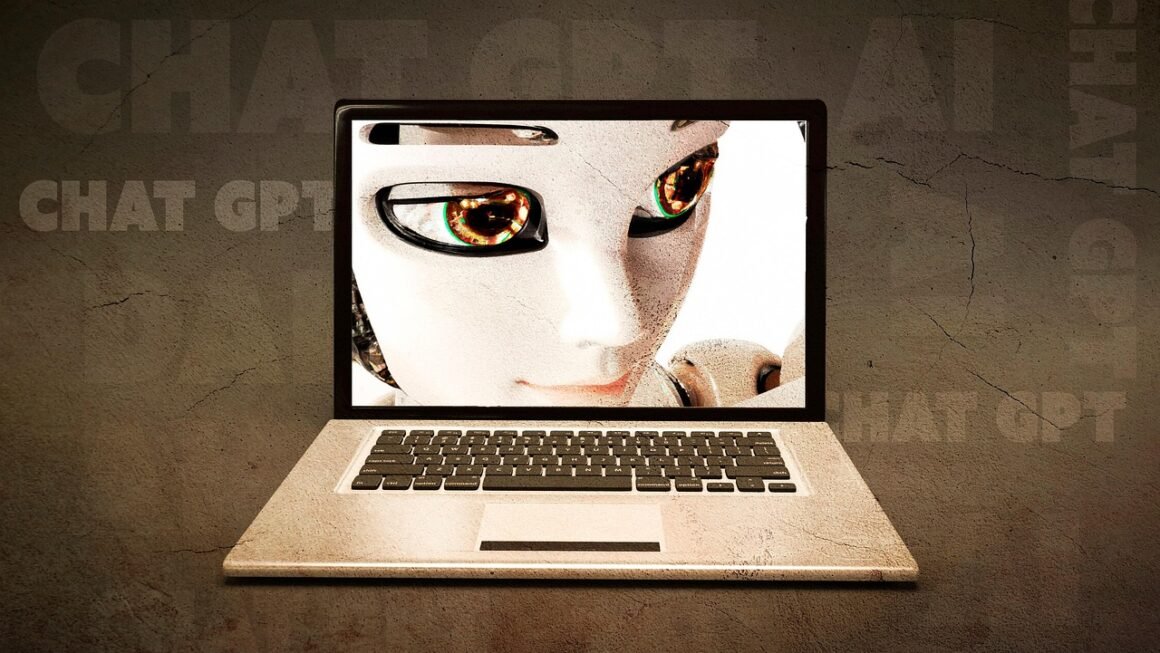The gaming world is constantly evolving, and at the forefront of this evolution lies Artificial Intelligence (AI). From creating more realistic non-player characters (NPCs) to optimizing game design and enhancing player experiences, AI is revolutionizing how games are developed, played, and enjoyed. This article delves into the multifaceted role of AI in gaming, exploring its current applications, benefits, and future possibilities.
AI-Powered NPCs: Making Games More Believable
Realistic Behaviors and Interactions
AI breathes life into virtual worlds by powering NPCs. These AI-driven characters are no longer simple automatons following pre-programmed paths. Instead, they exhibit dynamic behaviors, react intelligently to player actions, and create a more immersive and believable game environment.
- Example: In games like The Elder Scrolls V: Skyrim, AI governs NPC schedules, dialogue, and combat styles, making each character feel unique and responsive. NPCs react differently to the player based on their reputation and past interactions.
- Benefits:
More engaging and believable game worlds.
Increased replayability as NPC behaviors can change.
Deeper player immersion.
Adaptive Difficulty and Personalized Challenges
AI can dynamically adjust the game’s difficulty based on player performance. This adaptive AI ensures that the game remains challenging but not overwhelming, providing a more enjoyable experience for players of all skill levels.
- Example: Many modern racing games utilize AI to adjust the speed and aggression of opposing racers based on the player’s driving skills. If a player consistently wins, the AI increases the difficulty; if they struggle, it eases up.
- Benefits:
Caters to a wider range of player skill levels.
Reduces frustration and prevents players from getting bored.
Promotes a sense of progression and accomplishment.
Emergent Storytelling
AI can contribute to emergent storytelling, where narratives unfold organically through player interactions with the game world and its AI-driven inhabitants. This creates unique and unpredictable experiences that differ each time the game is played.
- Example: Games such as Crusader Kings III use AI to simulate the personalities and ambitions of characters, leading to complex and unpredictable storylines based on their interactions with other characters, including the player.
- Benefits:
Unpredictable and unique narratives.
Enhanced player agency and sense of control.
Increased replayability as each playthrough can tell a different story.
AI in Game Development: Streamlining the Creation Process
Procedural Content Generation (PCG)
AI powers procedural content generation (PCG), allowing developers to create vast and diverse game worlds more efficiently. Instead of manually designing every aspect of the environment, AI algorithms generate landscapes, buildings, and even quests.
- Example: Games like No Man’s Sky leverage PCG to create billions of unique planets, each with its own flora, fauna, and geological features.
- Benefits:
Significantly reduces development time and costs.
Enables the creation of expansive and varied game worlds.
Allows for greater creativity and experimentation.
Automated Testing and Bug Detection
AI algorithms can be used to automate testing processes, identifying bugs and glitches more quickly and efficiently than human testers. This ensures that games are released in a more polished and stable state.
- Example: AI can be trained to play through different scenarios in a game, identifying areas where the AI gets stuck, exploits glitches, or uncovers unexpected behavior.
- Benefits:
Reduces the risk of releasing buggy games.
Frees up developers to focus on creative tasks.
Improves the overall quality of the game.
AI-Assisted Level Design
AI tools can assist level designers in creating compelling and balanced gameplay environments. AI can analyze player behavior and provide insights into optimal level layouts, enemy placements, and puzzle design.
- Example: AI can analyze heatmaps of player movement in a level to identify areas where players are getting stuck or lost, helping designers to refine the level layout and improve navigation.
- Benefits:
Accelerates the level design process.
Improves the quality and balance of levels.
Reduces the need for extensive playtesting.
AI in Competitive Gaming: Enhancing Strategy and Fairness
AI Opponents for Training
AI provides a valuable tool for competitive gamers to hone their skills. AI opponents can be trained to mimic the strategies and tactics of top players, providing a challenging and realistic training environment.
- Example: AI bots in games like StarCraft II can be programmed to execute complex strategies and adapt to the player’s actions, offering a valuable practice tool for aspiring professional players.
- Benefits:
Provides a challenging and realistic training environment.
Allows players to practice against specific strategies and tactics.
Reduces reliance on human opponents for practice.
AI-Powered Anti-Cheat Systems
AI can be used to detect and prevent cheating in online games. AI algorithms can analyze player behavior to identify patterns that are indicative of cheating, such as aimbots, wallhacks, and other prohibited software.
- Example: Anti-cheat systems powered by AI can analyze player movements, aiming accuracy, and reaction times to identify suspicious behavior that would be difficult for human moderators to detect.
- Benefits:
Creates a fairer and more enjoyable experience for all players.
Protects the integrity of competitive gaming.
Deters cheaters from engaging in unfair practices.
AI-Driven Game Balancing
AI can analyze vast amounts of gameplay data to identify imbalances in game mechanics and suggest adjustments to improve fairness and competitiveness. This can include adjustments to character stats, weapon damage, or map layouts.
- Example: Analyzing win rates and usage statistics for different characters in a fighting game and then suggesting adjustments to their move sets or stats to create a more balanced roster.
- Benefits:
Ensures that the game remains fair and competitive.
Prevents any one character or strategy from becoming dominant.
* Enhances the overall player experience.
The Future of AI in Gaming: A Glimpse into Tomorrow
AI-Driven Personalized Experiences
The future of AI in gaming holds the promise of highly personalized experiences. AI will be able to adapt to individual player preferences, learning styles, and skill levels, creating games that are tailored to each player’s unique needs and desires.
- Example: An AI-powered game could adapt its story, gameplay mechanics, and difficulty based on the player’s emotional state, creating a truly immersive and personalized experience.
- Impact: A personalized gaming experience will foster deeper engagement and enjoyment, leading to increased player satisfaction.
AI as a Creative Partner
AI is poised to become a valuable creative partner for game developers. AI tools will assist designers in generating new ideas, exploring different design options, and iterating on existing concepts, leading to more innovative and compelling games.
- Example: AI could be used to generate variations on existing game mechanics, allowing designers to quickly prototype and test new ideas.
- Impact: AI will democratize game creation, allowing smaller teams and individual developers to create high-quality games.
Ethical Considerations
As AI becomes more powerful and pervasive in gaming, it is crucial to address the ethical considerations. This includes issues such as bias in AI algorithms, data privacy, and the potential for AI to be used for manipulative or exploitative purposes.
- Example: Addressing the potential for AI-driven recommendation systems to promote addictive or harmful content.
- Impact: A proactive approach to ethical AI development will ensure that AI is used to enhance the gaming experience for all players, not just a select few.
Conclusion
AI is undeniably transforming the gaming industry, impacting everything from NPC behavior and game development to competitive play and personalized experiences. By understanding the various applications of AI and proactively addressing its ethical considerations, we can unlock the full potential of this powerful technology and create a future where games are more engaging, immersive, and enjoyable for everyone. The integration of AI in gaming is not just a trend; it’s a fundamental shift that will continue to reshape the landscape of interactive entertainment for years to come.



